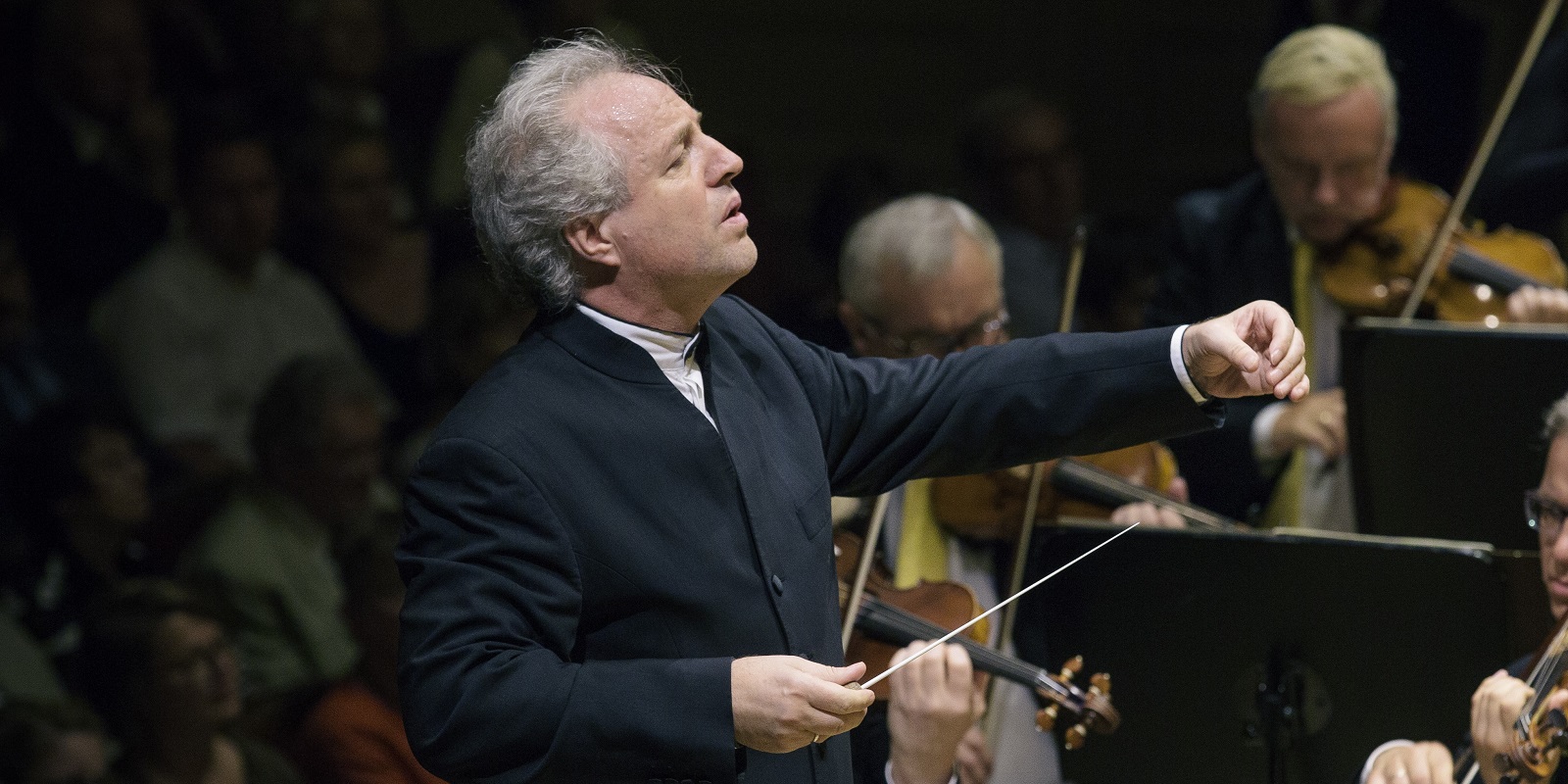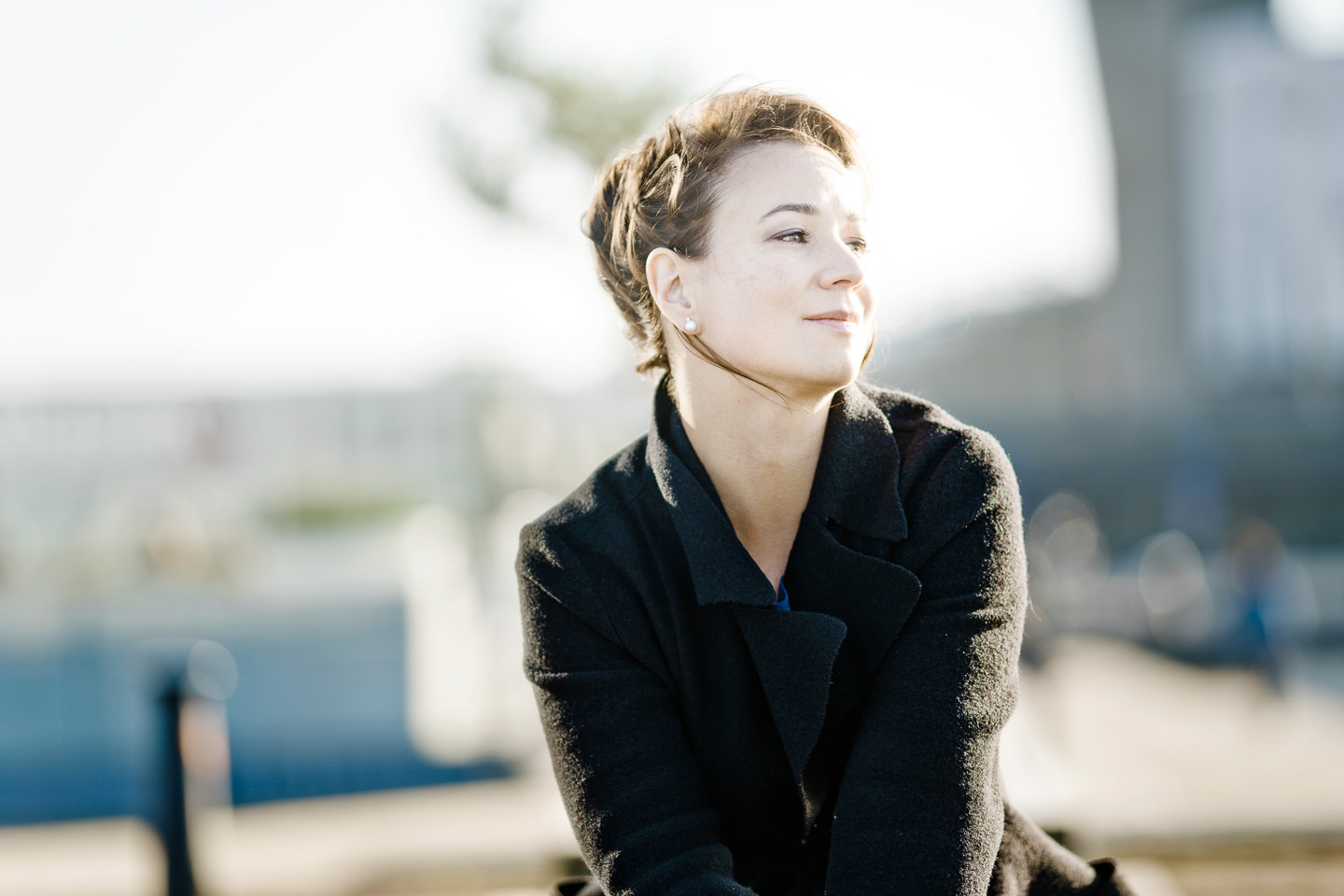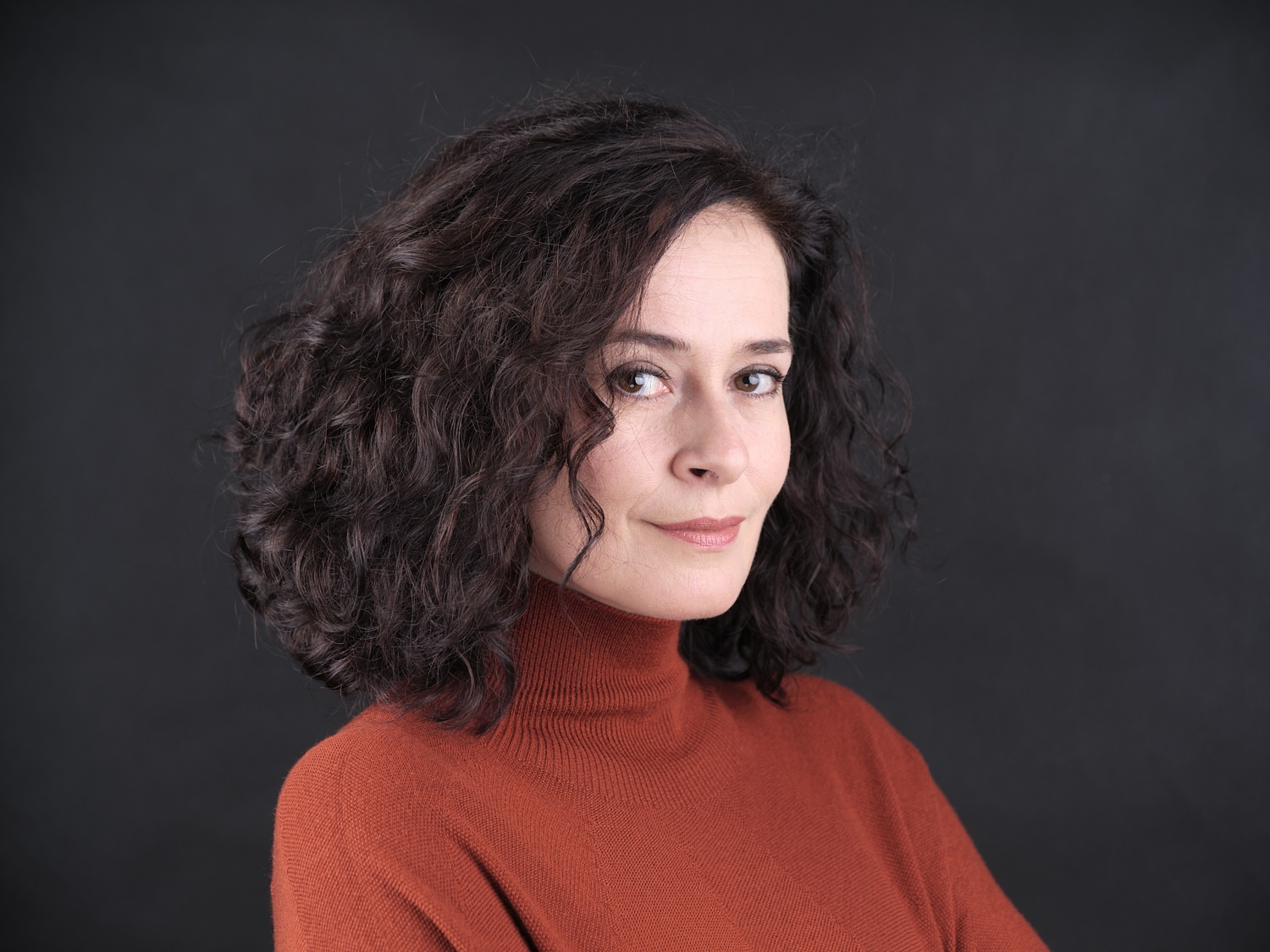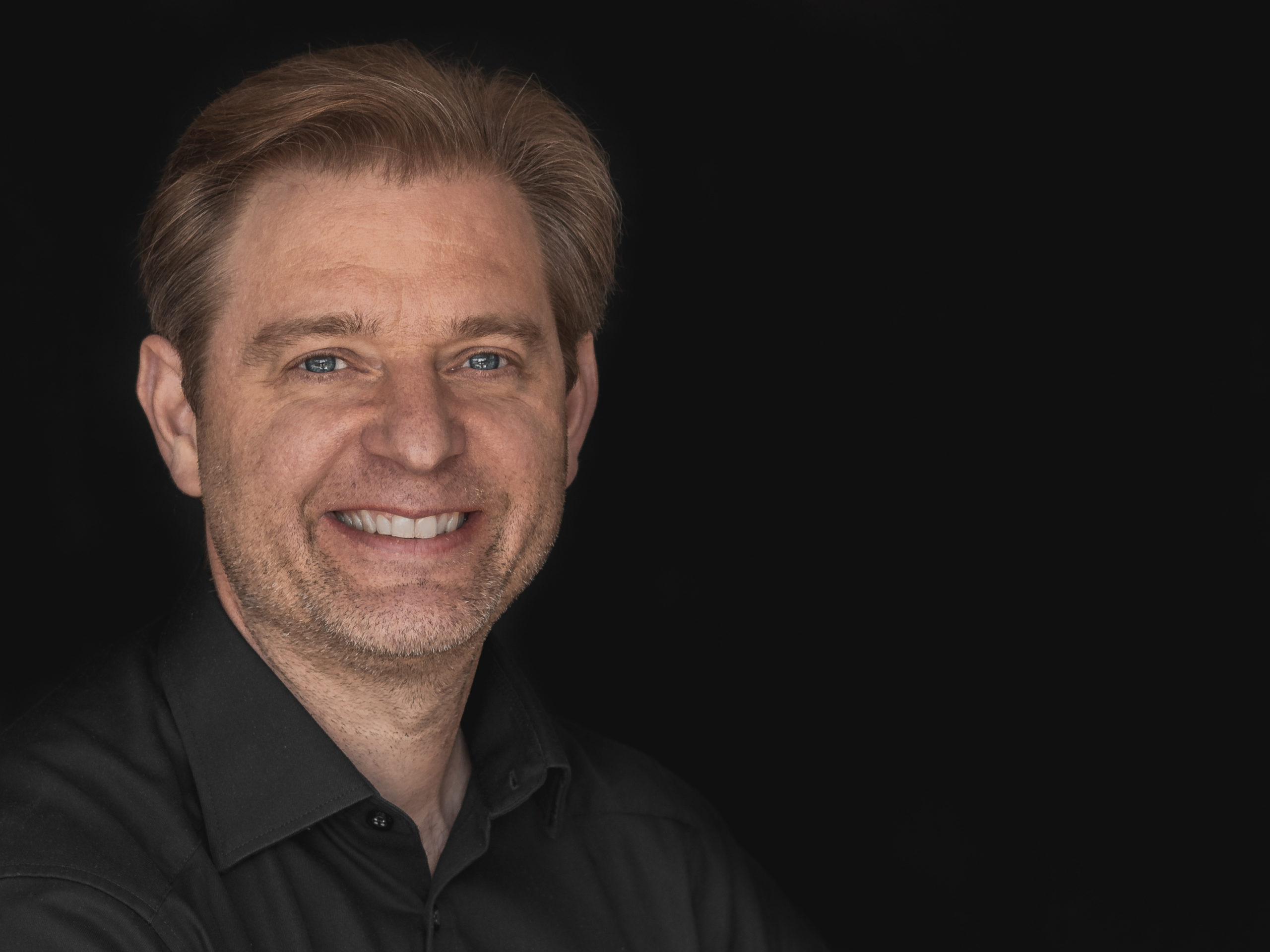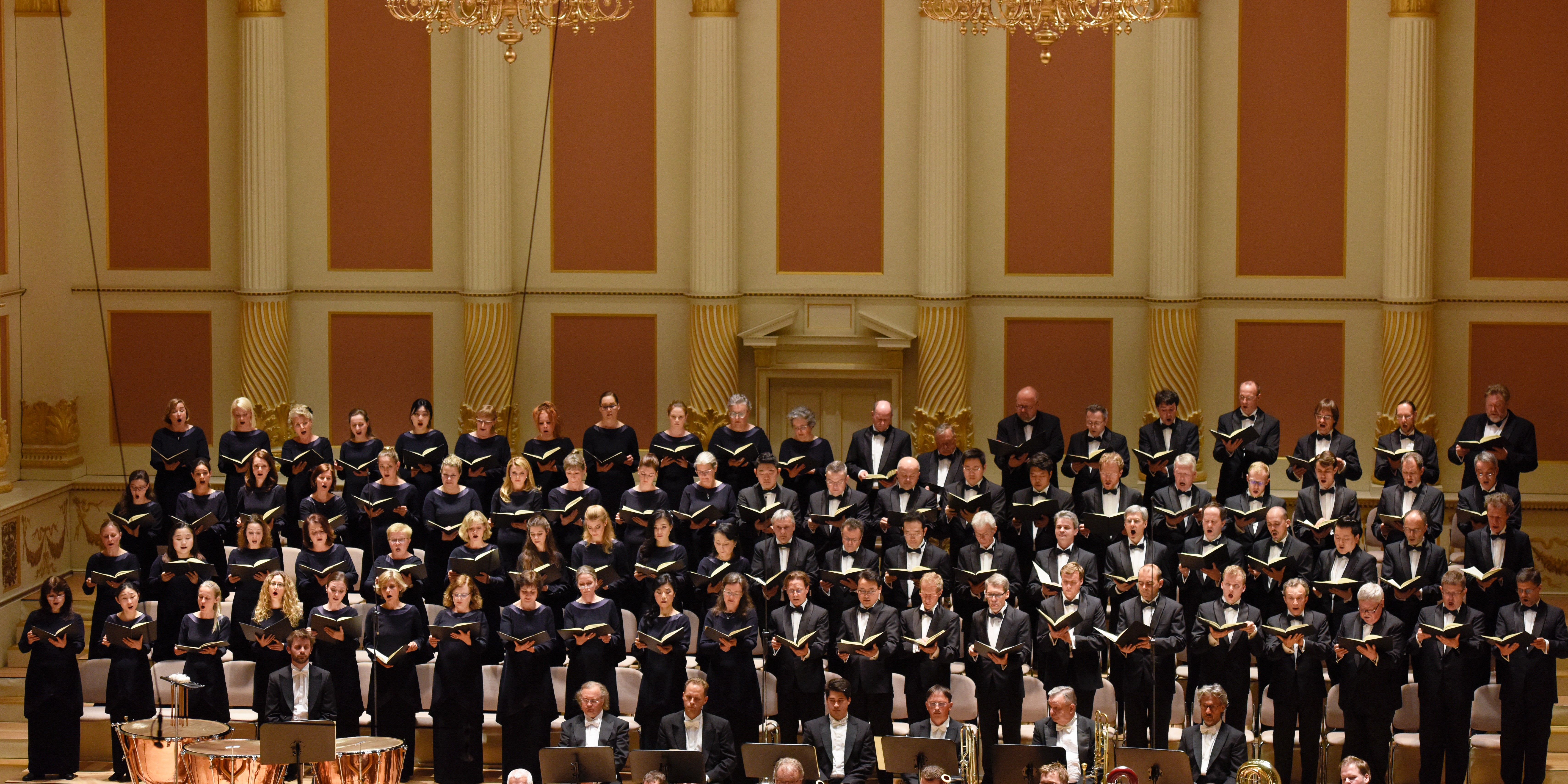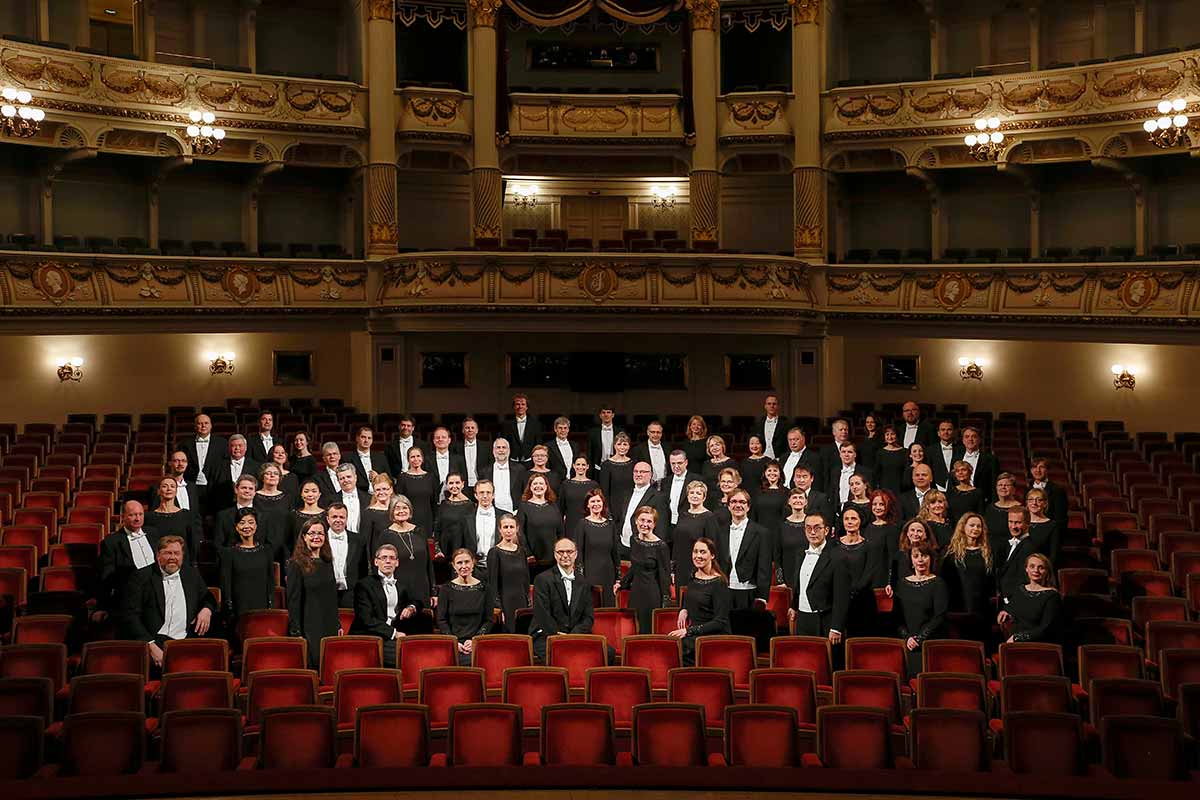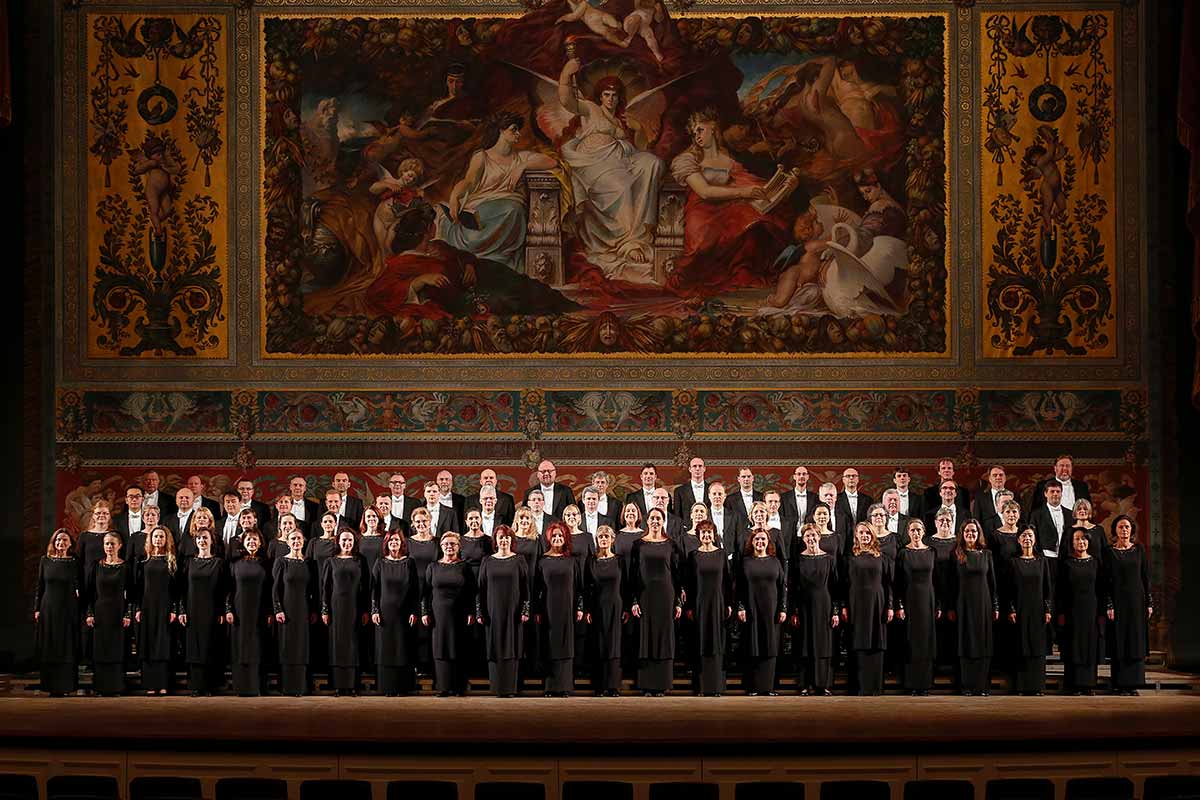Manfred Honeck
Renowned for his distinctive interpretations, Manfred Honeck has served as Music Director of the Pittsburgh Symphony Orchestra since the 2008/2009 season. The 2017/2018 season will mark 10 years of this acclaimed partnership and in honour of the occasion in Pittsburgh, three of the programmes throughout the year will feature a special commission to commemorate this decade of successful music-making. Consistently recognized for their performances, he and the orchestra are celebrated both in Pittsburgh and abroad and regularly perform in major music capitals and festivals, among them the BBC Proms, Musikfest Berlin, Lucerne Festival, Rheingau Musik Festival, Beethovenfest Bonn, Grafenegg Festival, Carnegie Hall and Lincoln Center. Honeck and the Pittsburgh Symphony Orchestra have also built a close relationship with the Musikverein in Vienna. Following a week-long residency in 2012, they returned for three performances in the course of an extensive tour of Europe in spring 2016. Their next tour, in summer 2017, took them again to Europe’s most prestigious music festivals, including the BBC Proms, Lucerne Festival and Salzburg Festival.
Manfred Honeck's successful work with the Pittsburgh Symphony Orchestra has been extensively documented on recordings with the Reference and Exton labels. All SACDs released by Reference Recordings, amongst them Strauss tone poems and suites, Bruckner’s Symphony No. 4, Beethoven Symphonies No. 5 and 7, and Tchaikovsky’s Symphony No. 6 have received numerous rave reviews and honours. After two Grammy nominations for Dvořák’s Symphony No. 8 and the Symphonic Suite from Janáček's opera Jenůfa, conceptualized by the artist himself, as well as for Bruckner’s Fourth, the most recent recording, Shostakovich's Symphony No. 5, won the Grammy for "Best Orchestral Performance" in January 2018.
Born in Austria, Manfred Honeck received his musical training at the Academy of Music in Vienna. Many years of experience as a member of the viola section in the Vienna Philharmonic and Vienna State Opera Orchestra have given his conducting a distinctive stamp. He began his career as assistant to Claudio Abbado and as artistic leader of the Vienna Jeunesse Orchestra. Subsequently, he was engaged by the Zurich Opera House, where he was bestowed the prestigious European Conductor’s Award in 1993. Other early posts include Leipzig, where he was one of three main conductors of the MDR Symphony Orchestra and Oslo,
where he assumed the post of Music Director at the Norwegian National Opera on short notice for a year and was engaged as Principal Guest Conductor of the Oslo Philharmonic Orchestra for several years. From 2000 to 2006 he was Music Director of the Swedish Radio Symphony Orchestra in Stockholm and, from 2008 to 2011 and again from 2013 to 2016, Principal Guest Conductor of the Czech Philharmonic Orchestra.
From 2007 to 2011, Manfred Honeck was Music Director of the Staatsoper Stuttgart where he conducted premieres including Berlioz's Les Troyens, Mozart's Idomeneo, Verdi's Aida, Richard Strauss's Rosenkavalier, Poulenc's Dialogues des Carmélites and Wagner's Lohengrin and Parsifal, as well as numerous symphonic concerts. His operatic guest appearances include Semperoper Dresden, Komische Oper Berlin, Théâtre de la Monnaie in Brussels, Royal Opera of Copenhagen, the White Nights Festival in St. Petersburg and the Salzburg Festival. Moreover, he has been Artistic Director of the International Concerts Wolfegg in Germany for more than twenty years.
As a guest conductor Manfred Honeck has worked with the world’s leading orchestras including the Bavarian Radio Symphony Orchestra, Berlin Philharmonic Orchestra, Gewandhausorchester Leipzig, Staatskapelle Dresden, Royal Concertgebouw Orchestra, London Symphony Orchestra, Orchestre de Paris, Accademia di Santa Cecilia Rome and the Vienna Philharmonic. Orchestras he conducted in the United States include New York Philharmonic, The Cleveland Orchestra, Chicago Symphony Orchestra, Los Angeles Philharmonic, Philadelphia Orchestra, Boston Symphony Orchestra and San Francisco Symphony. He is also a regular guest at the Verbier Festival. Highlights of his recent and upcoming guest engagements in the 2017-2018 season include the New Year’s concert of the Shanghai Symphony Orchestra, Orchestre de Paris, Israel Philharmonic Orchestra, Munich Philharmonic and Vienna Symphony. He also continues his regular collaboration with the New York Philharmonic, Bamberg Symphony, and Accademia di Santa Cecilia.
Manfred Honeck has received honorary doctorates from several North American universities. Most recently, he was awarded the honorary title of Professor by the Austrian Federal President. The expert jury of the International Classical Music Awards selected him as "Artist of the Year" 2018.
